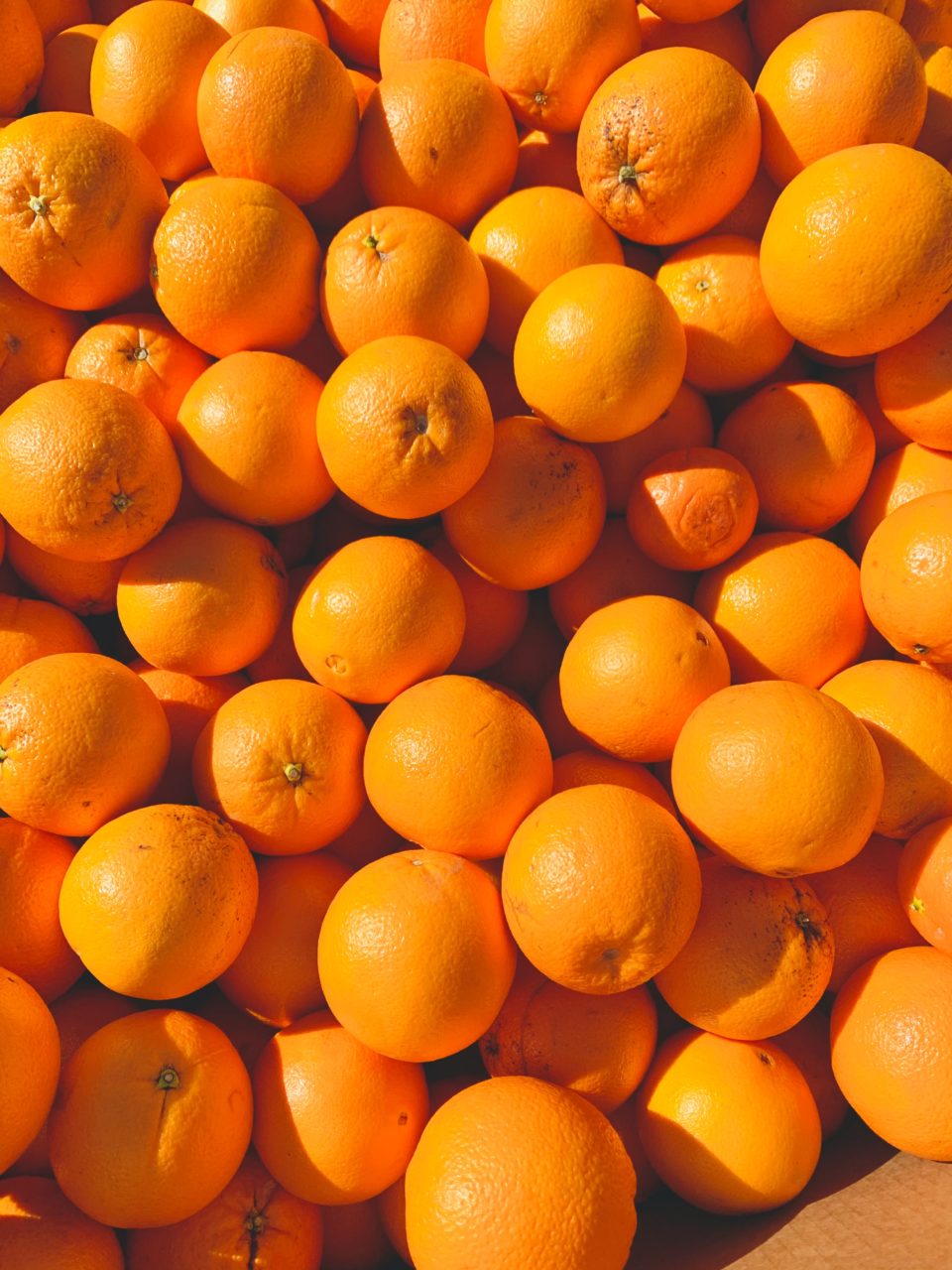SOS seasonal supplements

The winter months have finally begun to set in, bringing with them the dreaded dark days and infestations of colds and flu. Not to mention the prevalent worry of COVID-19. It’s more of an important time than ever to be looking after our bodies as they fight their way through the season change. Beauty starts from the inside-out and there is nothing quite like a natural glow. Vitamins are integral to helping the body and the mind stay healthy throughout winter. However, we must stress that taking supplements is not a substitute for living a balanced lifestyle – they need to be taken in addition to a regular healthy routine.
The amount of supplement support out there can seem overwhelming. We have compiled a breakdown of the most vital vitamins needed to keep living life to the fullest:
Vitamin C and Zinc

Vitamin C supports your immune system and is now more crucial than ever whilst living through a pandemic and battling the lasting sniffles of freshers’ flu! Statistically proven to prevent illness – with a supposed 23% reduction in symptom severity – why wouldn’t you try it? Zinc is less well known for its immune support, but studies have suggested that zinc also lessens the duration and severity of the cold within 24 hours.
Vitamin D
Due to how dismally dark it always is in Manchester, we are unable to synthesise enough natural sunlight. So, we would suggest taking Vitamin D in the wintertime. This helps reduce the feelings of tiredness and lethargy we tend to associate with winter, yes that’s right – its not just you! It’s particularly important for people who suffer from Seasonal Affective Disorder (SAD). Taking Vitamin D supplements is incredibly beneficial for our mental health and has even been proven to reduce the risk of depression.
Vitamin B12

With the rise of veganism, Vitamin B12 has become the new talk of the town. Found in animal products like fish, meat, poultry, eggs and milk – Vitamin B12 is almost completely absent in a vegan diet. This can cause fatigue as B12 is used in cell division and the metabolism. It doesn’t have to be taken in pill form either. There are also many types of nutritional yeast which can be sprinkled on the tops of meals if pill taking is a little too daunting.
Vitamin B Complex
University students are notorious for drinking extortionate amounts and eating an extensive diet of pot noodles and chicken nuggets – who would’ve thought it? This obviously takes a toll on our bodies, so it is recommended that taking eight B Vitamins (as one pill) can help to sustain the nutrient intake you might otherwise be lacking.
Milk Thistle and Probiotics

As the festive season rapidly approaches, we have to start preparing for eating A LOT. In order to avoid any slightly awkward stomach problems (eek!), milk thistle is extremely popular in calming upset tummies. Probiotics, a healthy bacterium that supports your gut health, is also recommended. Probiotics can also be found in many types of food such as yoghurt and miso, so if you can work any of those food groups into your Christmas meal, you’re in for an easy ride!
Iron
Iron deficiency (anaemia) is very common amongst young people and can lead to fatigue and episodes of fainting. Many foods contain iron, such as spinach and red meat, however supplements can give that extra support to help functioning of haemoglobin production continue as normal. So, if you suffer from a general lack of energy, or especially anaemia, make sure not to disregard the benefits of taking an iron supplement. Get that extra energy to thrive throughout the exam season!







